124 Burundians from the prisons of Uvira and Bukavu in the eastern Democratic Republic of Congo were handed over to Burundian authorities on 31 January. An action which has not been understood.
Written by Agnès Ndirubusa and translated by Pierre Emmanuel Ngendakumana
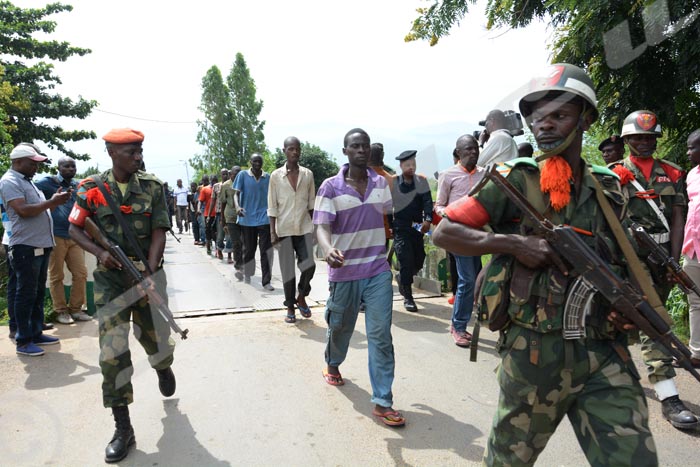
Burundian nationals escorted by the Congolese army and police
“I am a ‘rebel refugee’. I boarded the truck against my will”, said one of the top ten to tread on the Burundian soil. In a Burundian police truck already, he said he was worried about his safety and his fate once in Burundi.
124 Burundians have thus crossed the DRC border under heavy escort of the police and the Congolese army.
“There is no place like home,” said Marcellin Cishambo, South Kivu province governor. According to him, this action was carried out in agreement with the Government of Burundi and the partners of the international community in compliance with the law.
Satisfaction on the Burundian side. On the spot, Aimée-Laurentine Kanyana, Justice Minister, spoke of good relations with the neighboring Congo and mentioned the reciprocity “in case there are Congolese prisoners”. She did not exclude the hypothesis of finding, among those who have returned, people who have been reported missing.
For the minister, it is not insignificant that it is only young men who have returned. “It is the young people who have been enlisted by some armed bands to intimidate the Burundian Government. They were victims of politicians. ”
Aimée Laurentine Kanyana remained vague as to their destination and fate.”Some people are not happy about their return. They will receive a patriotic education to prevent them from being destabilized and be back to square one. ”
Those who refused to return
Under the tree on the Congolese border, the Congolese authorities, UNHCR, ICGLR and MONUSCO, through the Human Rights Section, carried out verification of the true identities of these people.
Of these, 12 have been recognized by the United Nations High Commission for Refugees-UNHCR. 18 Rwandans and 35 other Burundians refused to cross the border post at Gatumba. A total of 65 detainees returned to the DRC.
Of the 12 recognized by the Office of the High Commission for Refugees, four responded to Iwacu questions.
“I was leaving the camp to look for work to better support my family when I was captured and taken into prison,” said a young man. He said he wanted to return home but not in the immediate future. “I want to first see my family that lives in the refugee camp, before thinking about my being repatriated.”
The other said that his friend from jail asked him to pay his bail. “When I arrived at the scene, I was thrown into prison and accused of rebellion. I tried to explain myself but to no avail”.
The youngest of the group claimed to have been captured in the camp and imprisoned. He said he was taken out of prison and forcibly taken to the border. “All I could do was to obey.”He said he was relieved when UNHCR found him in its database.
The only woman in the group said she was unaware of the reasons for her arrest. “My husband was accused of selling weapons. They took me away as they could not find him.”
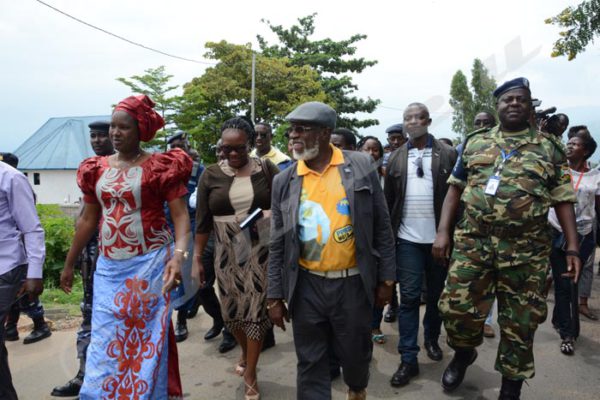
The Burundian minister of justice and the governor of South Kivu
On Wednesday 01 January, the Territorial Security Council of Uvira held an extraordinary meeting. The South Kivu province Government, ICGLR experts, MONUSCO and UNHCR representatives attended it. The objective was to verify that 65 remain physically and effectively held in Uvira.
All 65 confirmed that they had refused to return to their countries. In other words, 35 Burundians remain detained in the DRC for various misdemeanors and will be transferred to Bukavu shortly.
UNHCR and MONUSCO have urged that their situation be clarified promptly so that they are not detained indefinitely.
Rebels or not?
Several hypotheses have been put forward by the Congolese authorities and press to describe the Burundians handed over to the Government.
According to reliable sources, the bulk of these Burundians reportedly fled to Rwanda. And from there, they were recruited to have “a paramilitary training”, before being given Congolese voter’s cards and reaching South Kivu.
Final destination, return for an action in Burundi. Some of them would be FOREBU rebels and some members of Nzabampema-led FNL.
However, on the Burundi side, there is an investigation that will be carried out to identify these people in order to know “each one’s profile and decide on what will follow”.
>>Reactions
Pierre Claver Mbonimpa
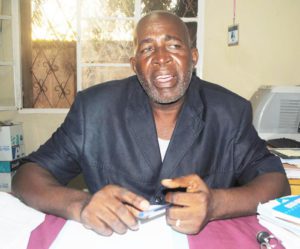
Pierre Claver Mbonimpa
This human rights activist says he is not against voluntary repatriation. “In case they were forcibly repatriated, it would be in the violation of international rights”. Pierre Claver Mbonimpa says he is informed about the incarceration of all these people in Mpimba Central Prison. “This is in contradiction with the minister’s statement that they would go to a patriotic education center.”
He deplores the vagueness maintained by Bujumbura around this affair. “It is unfortunate that the office of the Director of Public Prosecutions did not have time to thoroughly prepare each individual’s file.” This defender of prisoners’ rights demands more transparency around this case.
Human Rights Watch
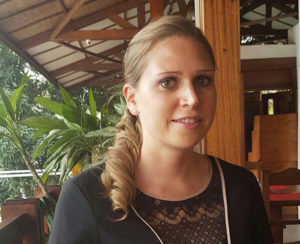
Ida Sawyer
HRW is concerned about the treatment of Burundian prisoners who have been transferred from Congo to Burundi. “National Intelligence Service agents torture detainees, especially those suspected of belonging to the opposition,” said Ida Sawyer, Director for Central Africa at Human Rights Watch. According to her, the fact that the government kept their place of detention secret is very alarming. “Seeing how some detainees in the attack on Muyinga military camp were tortured, Burundian authorities should ensure the safety of the detainees who have come from Congo.”
MONUSCO
According to Jean Tobie Okala, Head of Public Information at the United Nations Organization Stabilization Mission in the Democratic Republic of Congo -MONUSCO in Uvira, the Congolese Government has played the role of transparency. This is demonstrated by the joint monitoring mechanism set up by the Congolese authorities and the ICGLR in partnership with UNHCR and MONUSCO through the Justice Support Section.
For this framework of the UN mission in the Democratic Republic of Congo, although it is still early to take stock of the whole operation, “precautions have been taken to ensure that those who are repatriated are indeed those who wished it.”
Amnesty International
In view of the documented use of torture in prisons, the Government of Burundi must ensure that the rights of returnees are fully protected. Amnesty International urges that the government immediately reveal where they are held and ensure that the ICRC, other independent observers and their lawyers have full access.
For Jacques Bitababaje, International Law Expert, it can be assumed that there was a DRC court that convicted these people as they were prisoners. In such a case, it is necessary to consider whether there is an agreement between the two countries stipulating that a national of one of the countries that has been convicted on a regular basis may continue to serve his sentence in his country of origin.
If they had not been before an independent judge or had just been imprisoned without a ruling, they would have benefited from the presumption of innocence. “I do not see on what legal basis they were rendered to Bujumbura unless there is precisely this convention.”
Otherwise, Article 33 of the Convention on the Rights of Refugees of 1954 ratified by both countries prohibits any country from returning a refugee to his/her country. In this case, DRC would not have respected the provisions of this article.
In any case, if these people voluntarily decided to return to Burundi, then, all these problems would no longer arise.
According to Jacques Bitababaje, if these Burundian detainees were in an irregular situation, they could be pushed back. Expulsion is also possible if these detainees have committed war crimes, crimes against humanity or genocide. On the other hand, if they were ordinary offenses, they were supposed to serve their sentences in the Democratic Republic of Congo.

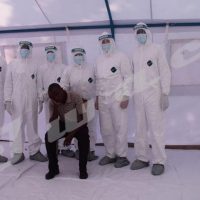
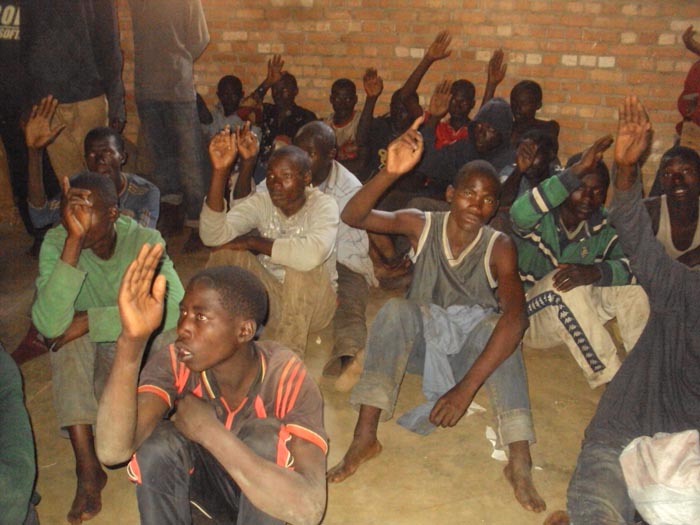
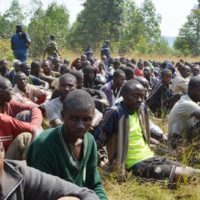
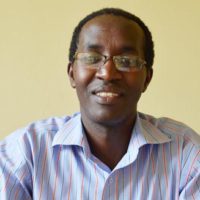
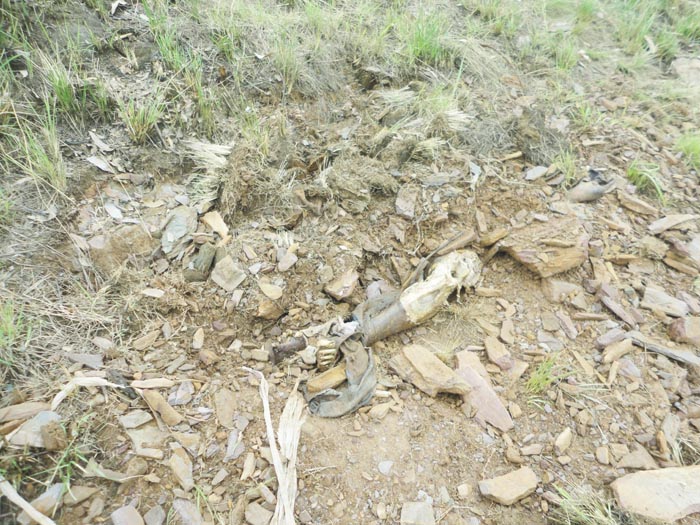













 IWACU Open Data
IWACU Open Data

